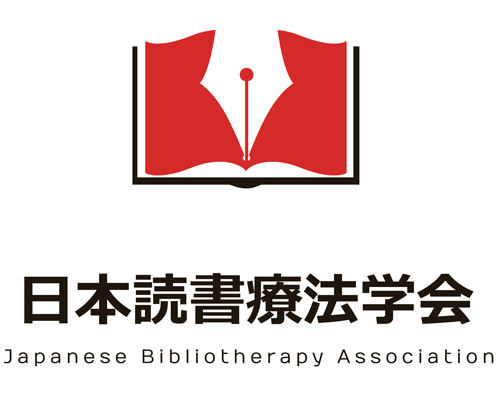Greetings from the Representative
Bibliotherapy refers to “the resolution of a problem or some form of healing through reading.”
The benefits of bibliotherapy have been recognized since the time of the ancient Greeks. The 17th century physician Sydenham is quoted as saying, “A good book is better than a hundred medicines.” In the mid-20th century, bibliotherapy came to be recognized again as a specific technique in psychotherapy and counseling.
In the United Kingdom, there is now a national initiative to prescribe books, and in Israel, bibliotherapists have become nationally certified. The range of applications of bibliotherapy continues to expand, not only for various day-to-day problems, but also for dementia, major depression, and treatment of back pain.
Based on my experience of recovering from major depression through bibliotherapy, I founded the Japanese Bibliotherapy Association in 2011 for the research and promotion of bibliotherapy.
As of 2022, the Japanese Bibliotherapy Association has over 500 members. The members are mainly in education, such as university professors, in psychology, such as psychiatrists and psychologists, and in publishing, such as writers, translators, booksellers, and librarians.
As bibliotherapy has a wide-ranging scope of applications, its needs are also diverse, from the professional to the everyday, including academic research, incorporation into psychiatric practice, grief care and counseling, in combination with other therapies, writing, book clubs, and book selection. In light of this situation, we have made all of our research materials available to the public and provide information so that each person can use them for their own purposes.
The results to date have been compiled into “Bibliotherapy for Relaxing Mind and Body.” If you are interested in bibliotherapy, please refer to this book first. It is available in Japanese and traditional Chinese.
To be able to respond to various kinds of specialized needs, we are planning to establish a system to collectively provide the necessary contacts and information, with a view to establishing a division system in the future. In addition, we will further focus on educational activities for the general public so that reading will be recognized as a form of healing and not just for study or entertainment.
October 2022
Mariko Terada, Representative of the Japanese Bibliotherapy Association
Mariko Terada, Representative
Born in Nagasaki Prefecture. Lived in South American countries during childhood. Graduated from the University of Tokyo, Faculty of Law. After working as an interpreter for a number of foreign-affiliated companies, she currently writes, translates, and lectures. Based on her experience of recovery from major depression through bibliotherapy, she founded the Japanese Bibliotherapy Association and is active internationally. She also focuses on promoting person-centered care for dementia, which she empathizes with through her experience with major depression.
As a translator, she has published a number of specialized books in English, mainly in the field of dementia care, as well as a picture book and a novel in Spanish.
She studied Buddhism under Taido Matsubara and Japanese classics such as “Manyoshu,” “The Pillow Book,” and “Essays in Idleness” under Tae Kiyokawa. She is a certified psychological counsellor with the Japan Mental Health Association.
She is the author of “Bibliotherapy for Relaxing Mind and Body,” “The 100 Books to Say Goodbye to the World of Depression,” “The Efficacy of Japanese Classics,” and “The Seven Steps to Become a Translator.” She has translated many books into Japanese, including “Person to Person,” “What the Hell Happened to My Brain?,” and “And What Can I Do?”
If you are looking for more information on bibliotherapy in Japan, or for any other queries regarding the Japanese Bibliotherapy Association, please contact us here.
